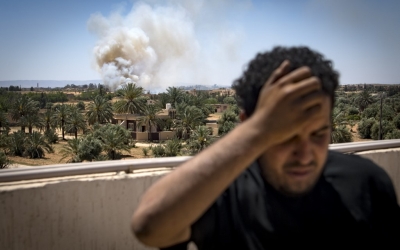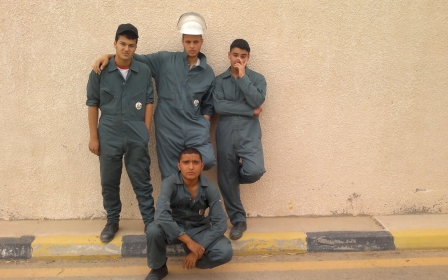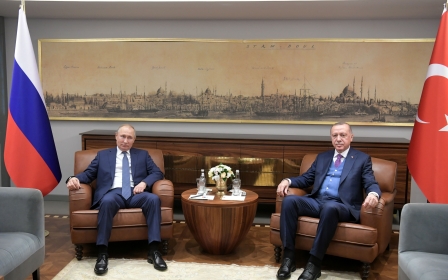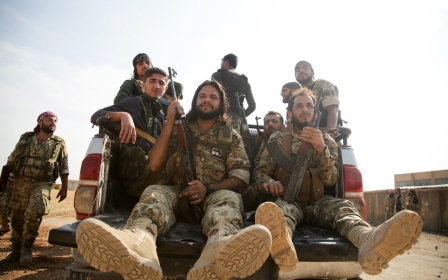Turkish public opposes troop deployments to Libya, poll indicates
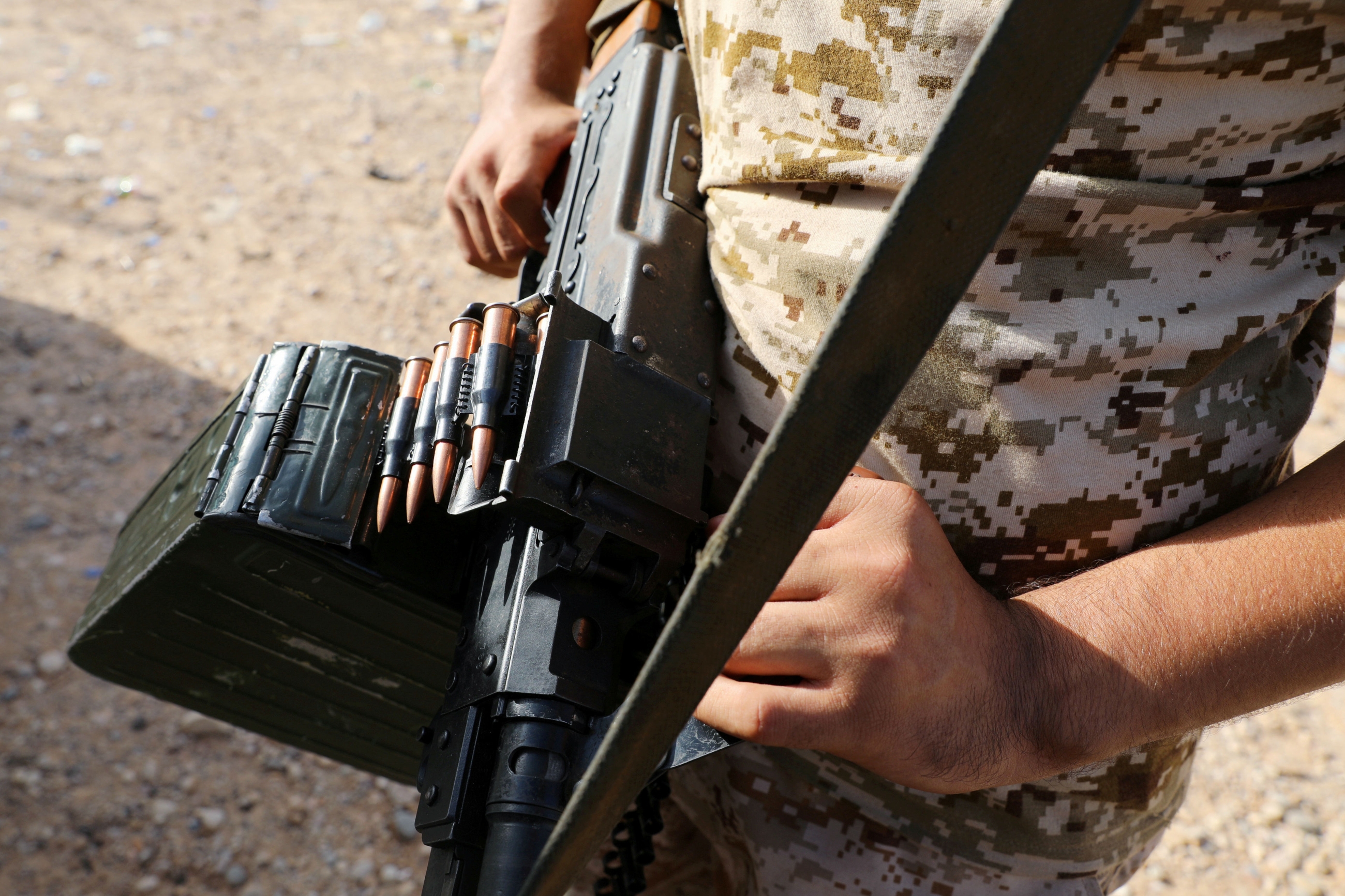
Turkey's public overwhelmingly opposes the deployment of Turkish troops to Libya, a new poll conducted by an Istanbul-based research institute indicated on Friday.
Fifty-eight percent of the respondents said Turkey should not send forces to the North African country in a bid to save the UN-recognised Government of National Accord (GNA), which is facing off an assault from the forces of Khalifa Haftar.
Just 34 percent of the respondents said they supported the move.
The poll was conducted by Istanbul Economy Research in January, questioning 1,537 people in 12 provinces with computer-assisted telephone interviewing.
Earlier this month, the Turkish parliament granted President Recep Tayyip Erdogan military authorisation to deploy troops to Libya.
Erdogan said last week that the troops would take an advisory role and coordinate the Tripoli-based GNA’s efforts against the rival forces of Haftar, the self-styled Libyan National Army (LNA), which is supported by Egypt, the UAE and Russian mercenaries.
Erdogan’s move came as Turkey last month signed a maritime delimitation deal with Tripoli - to the horror of Cyprus and Greece, whose exclusive economic zone claims in the Eastern Mediterranean were undermined in the process.
Turkish media reports suggested that Ankara has already deployed 30 soldiers to Tripoli.
A wary public
Can Selcuki, the general manager of Istanbul Economy Research, told Middle East Eye that low support for the troop deployment wasn’t surprising.
He said that in contrast to popular Syria operations in recent years, where Ankara can say it is responding to a terror threat tied to the Kurdish People’s Protection Units (YPG) militia, Libya is mostly an unknown country for Turkish citizens.
“Don’t take me wrong, I think Ankara’s response to the Libya crisis is correct. However, this is a very hard thing to sell,” he said. “There are no direct national interests that the public can see and understand.”
The Turkish public also seems to be wary of picking a side in any regional conflict.
Only 15 percent of the respondents said that Ankara should lend military and political support to a party in war-ridden countries, while 75 percent of them said, instead, that Turkey should be neutral and try to take a mediation role.
Asli Aydintasbas, a senior policy fellow at the European Council on Foreign Relations think tank, said Turkish citizens have imagined themselves as part of an international order for decades, and cannot suddenly adapt to the notion of an isolated Turkey that is fighting all of the world's big powers.
'The Turkish public is entirely unprepared to think of Libya as a country of vital importance to Turkey'
- Asli Aydintasbas, analyst
“The Turkish public is entirely unprepared to think of Libya as a country of vital importance to Turkey. Up until late December, no one on the street had heard of Haftar or the need to save the Tripoli government,” she told MEE.
“Turkey wants to flex its muscles to be present at the final negotiations, but also to make its presence felt in the Eastern Med. Ankara doesn't want to be frozen out of the competition for hydrocarbons. But it has not made a convincing case to the public so far.”
Turkey has been supplying armoured vehicles, armed drones and other weaponry to the GNA since the beginning of last year despite a UN arms embargo, and already has deployed an uncertain number of proxy Syrian fighters.
Erodgan has justified the deployment through the presence of Russian Wagner Group mercenaries, who have helped Haftar make inroads in recent weeks, and the GNA's official request for assistance.
Erdogan previously said that the Moscow-tied Wagner Group’s presence and the Tripoli government’s official invitation for Turkish troops are legalising the Turkish military presence in the country.
Russia and Turkey have begun to position themselves as potential peacemakers in Libya, and this week Erdogan and Russian President Vladimir Putin called for the warring parties to reach a ceasefire by Sunday.
Haftar, however, on Thursday refused to heed the calls for a truce as his forces continued to capture more territory near Misrata.
Middle East Eye delivers independent and unrivalled coverage and analysis of the Middle East, North Africa and beyond. To learn more about republishing this content and the associated fees, please fill out this form. More about MEE can be found here.


